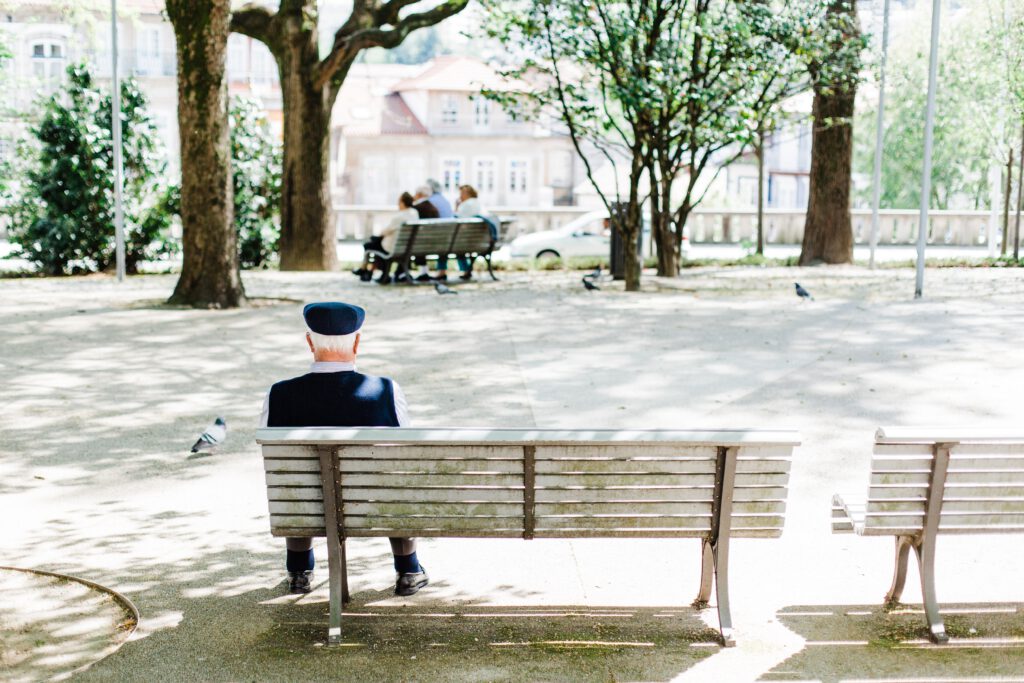
All is well in your life. You are happy with life as it is. You can still do the things you have always been doing but your children or spouse are worried that you are getting more and more forgetful. They think you need help. How to deal with these first symptoms dementia. There are more than twenty types of dementia, however the most common are vascular dementia and Alzheimer’s.
HOW can i help as a counselor or mediator
 People diagnosed with a form of dementia tend to isolate themselves more and more. Especially in the beginning they know very well what is going on, but they deny it because they don’t want to be caught especially by the ones they love the most. They are afraid of the enemy who is trying to take over their life. Afraid that they lose their home and are being put away. Afraid of losing their jurisdiction. They need someone who is not involved and does not want anything from them. As a experienced mediator I will work on their trust so I can represent them against ‘their enemy’.
People diagnosed with a form of dementia tend to isolate themselves more and more. Especially in the beginning they know very well what is going on, but they deny it because they don’t want to be caught especially by the ones they love the most. They are afraid of the enemy who is trying to take over their life. Afraid that they lose their home and are being put away. Afraid of losing their jurisdiction. They need someone who is not involved and does not want anything from them. As a experienced mediator I will work on their trust so I can represent them against ‘their enemy’.
In addition, I can guide all parties on how to deal with the behavioral change that arises from direct brain damage or declining brain functions as a result of the disease. One can become more suspicious, aggressive, very cuddly or have many mood swings. Some patients become more stubborn and their will is law. They know exactly what’s going on and don’t tolerate contradiction. How do you deal with this? Do you have to agree with them, correct them or reprimand them?
CVA or stroke

It may be that patients after a stroke have an extra sense and are more sensitive and alert than before. A permanent or temporary change in character and behaviour can take place in which one loses control over one’s own behaviour. Also change in feelings. Suddenly not being able to do what one is capable of, looking different from before, or not being able to see, hear or speak is hard to accept.
I have a lot of experience with people with dementia and people who have had a stroke, including aphasia. I learned to understand people even in their fifties and communicate with them. If you can’t find the words, can’t speak, or on the contrary say things you don’t want to say, it’s extremely frustrating. It requires a lot of patience, love, understanding and a special approach.
A CVA (Cerebrovascular Accident) happens when there is a loss of blood flow to (a part of) the brain